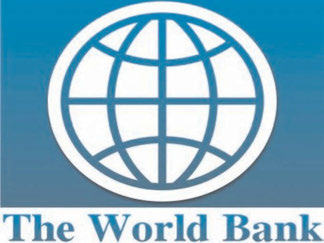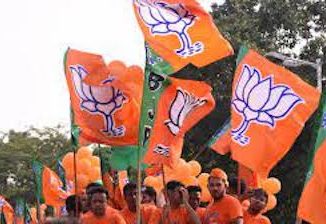
NEW DELHI (TIP): The World Bank has maintained its growth forecast for the Indian economy for the current fiscal year and expects it to expand by 7.5% in 2015-16. It has backed implementation of three key reforms, including the Goods & Services Tax (GST), to sustain the momentum.
In its development update, a twice a year report on the Indian economy and its prospects, the bank expects growth to accelerate to 7.8% in 2016-2017 and 7.9%in 2017-2018. But it said acceleration in growth is conditional on the growth rate of investment picking up to 8.8% during 2016-2018. The Reserve Bank of India expects the economy to grow by 7.4% in the current fiscal year, while the government pegs it at over 7.5%. The International Monetary Fund expects growth to be 7.5%.
The update noted that while public investments have helped kick-start the investment cycle, increased participation of the private sector will be required going forward. In the near term, India is relatively well positioned to weather the global volatility. Its low trade exposure to China and considerable foreign exchange reserves provide ample buffer. In the medium term, however, the Indian economy is not immune to a slowdown in global demand and heightened volatility.
“There are good reasons for confidence in India’s near-term prospects. To lay the foundation for sustainable growth and accelerate job creation, implementing the government’s reform programme is key,” said Onno Ruhl, World Bank country director in India. “…While progress is visible in several areas, including improvements in the ease of doing business, some key reforms, most notably the implementation of the Goods and Services Tax (GST ) can be a potential game changer for India,” he said. For the economy to achieve its potential, the update calls for three key domestic reforms. These include boosting the balance sheets of the banking sector by addressing the underlying challenges in the infrastructure sector, especially power and roads, improving the ease of doing business and enacting the GST, and enhancing the capacity of states and local governments to deliver public service as more resources are devolved from the centre. It suggests eventually bringing in alcohol, electricity, and real estate under the purview of the proposed GST, which are currently excluded from it.
According to the update, even though alcohol and petroleum account for over 40 to 45% of VAT/sales tax revenues for the states, there are few technical reasons for excluding them from the GST. “Exclusion of electricity would mean that manufacturing firms are unable to claim credits for the duty they pay and are, therefore, taxed twice. In the case of alcohol, including it in GST would help address concerns about state excise rate arbitrage. Bringing real estate under the GST umbrella may complement the government’s efforts to curb undeclared ‘black money’ in the sector,” according to the report. SOURCE: TOI





Be the first to comment